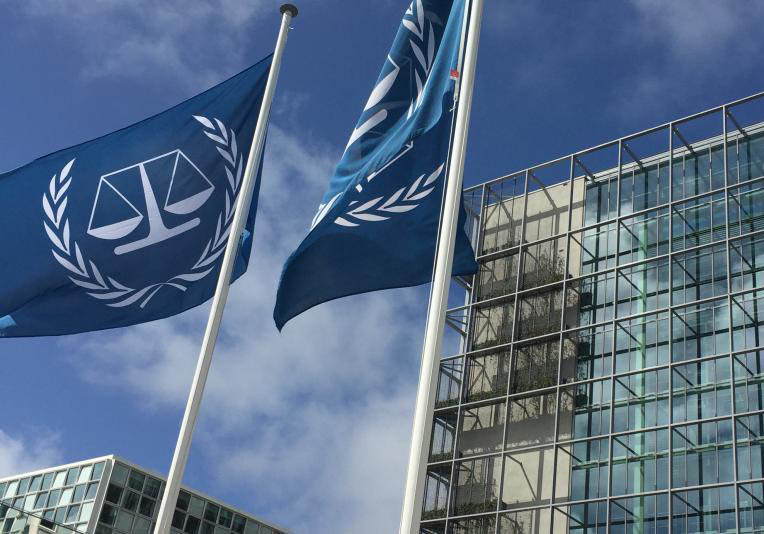
Jun 19, 2018
On 18 June 2018, the ICJ submitted an Amicus Curiae (friend of the court) Brief to the International Criminal Court (ICC).
The ICJ submitted the Amicus pursuant to the Prosecution’s Request (ICC-RoC46(3)-01/18) for “a ruling on the Court’s jurisdiction under article 12(2)(a) — specifically, to verify that the Court has territorial jurisdiction when persons are deported from the territory of a State which is not a party to the Statute directly into the territory of a State which is a party to the Statute”.
The Prosecutor made the Request following the alleged deportation of hundreds of thousands of Rohingya people from Myanmar into Bangladesh.
In summary, the ICJ submitted that:
(1) The crossing of an international border is a fundamental constitutive element for the crime of deportation. This position is supported by customary international law, international human rights law and is reflected in the domestic laws of Bangladesh; and
(2) The Court has territorial jurisdiction over the crime of deportation. This position is supported by international principles of territoriality, which are also reflected in the domestic laws of Bangladesh.
The Amicus was filed in light of the ICJ’s global mandate to seek the progressive development of international law with a view to ending impunity and ensuring accountability for gross human rights violations.
The ICJ regularly intervenes in judicial proceedings in domestic, regional and international jurisdictions around the world in an amicus curiae or other third party capacity.
Contact
Kingsley Abbott, ICJ Senior Legal Adviser, t: +66 (0)94 470 1345 ; e: kingsley.abbott@icj.org
Myanmar-Amicus observations-Advocacy-legal submission-2018-ENG (full amicus brief, PDF)
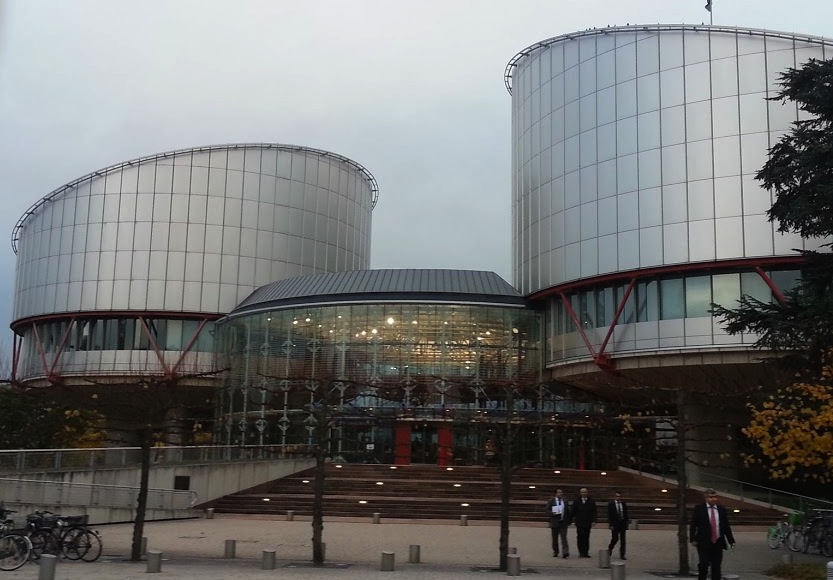
Apr 5, 2018
The ICJ, together with other NGOs, has responded to a consultation on how classified documents are taken into consideration before the European Court of Human Rights.
In the submission, the AIRE Centre, Amnesty International, the International Commission of Jurists, REDRESS and the World Organisation Against Torture (OMCT) respond to the Court’s Standing Committee on the Rules of Court’s proposal to amend the Court’s Rules of Procedure by introducing a new Rule 44F.
The organisations urge the Court not to adopt a mechanism whereby the Court could receive and rely on or otherwise take into consideration information not disclosed to the applicant and his or her representative of choice.
The organisations emphasise that the right to an effective remedy for claims of human rights violations incorporates the right of access to a fair procedure and the right of victims and the public to the truth about human rights violations, including serious violations such as torture, enforced disappearances and extra-judicial executions or other unlawful killings.
In cases before the Court, the applicant victim’s interest in disclosure of evidence regarding violations of Convention rights should always outweigh any purported national security or other similar public interests in its non-disclosure.
The submission also analyses and makes recommendations on the specific wording of the proposed new Rule 44 F.
JointSubmission-ECtHR-Rule44F-LegalSubmission-2018-ENG (download the submission)
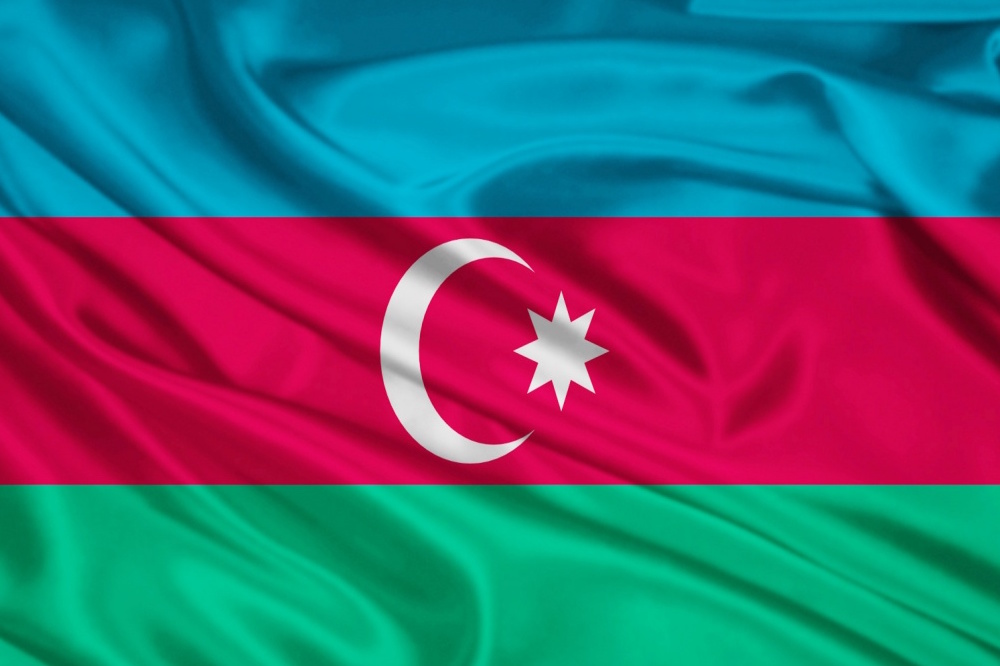
Jan 30, 2018
Today, the ICJ filed its submission to the UN Committee against Torture on the compliance by Azerbaijan with its obligations under the UN Convention against Torture.
The Committee will consider it during the adoption of a list of issues prior to reporting (LOIPR) for the examination of the Fifth Periodic Report of Azerbaijan under Article 19 of the Convention against Torture and Other Cruel, Inhuman or Degrading Treatment or Punishment (CAT).
During its 63rd session, from 23 April to 18 May 2018, the Committee will prepare and adopt a LOIPR on Azerbaijan.
Once adopted, the LOIPR will be transmitted to the State party. Azerbaijan’s formal response to the LOIPR will then constitute its Fifth Periodic Report under article 19 of the Convention.
Azerbaijan ratified the CAT in 1996. The last Concluding Observations on the compliance by Azerbaijan with its obligations under the Convention were adopted in 2015.
The ICJ submission to the Committee highlights a number of ongoing concerns with respect to the country’s implementation of and compliance with the provisions of the CAT:
- Azerbaijan’s legislation governing the legal profession;
- the situation of lawyers in practice;
- the lack independence of the legal profession;
- the role of the Bar Association with regard to attacks on lawyers.
The observations made in this submissions are based on the ICJ’s report “Defenceless defenders: Systemic problems in the legal profession of Azerbaijan”, published in September 2016 following a research mission to the country. The report analyses Azerbaijan’s legislation governing the legal profession; the situation of lawyers in practice, in particular, in relation to the lack independence of the legal profession; as well as the role that the Bar Association plays in attacks on lawyers.
ICJ-AzerbaijanCAT-ListofIssues-Jan18-final (download the submission)
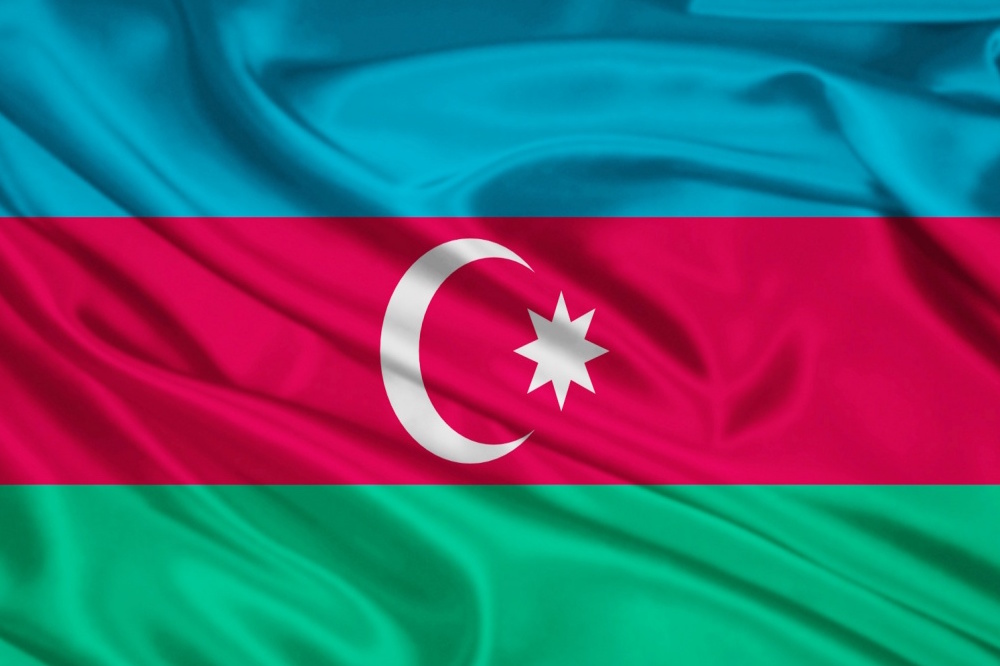
Dec 1, 2017
In a new briefing paper, the ICJ expressed today concerns at the adverse impact of new legislation on the right to access to a lawyer and to a fair trial in Azerbaijan.
On 31 October 2017, the Azerbaijan Parliament adopted amendments to the Civil and Administrative Codes of Azerbaijan and the law “On lawyers and lawyers’ activity” that restrict representation in court to lawyers who are members of the Bar Association.
The amendments were signed into law on 7 November by President Ilham Aliyev and are due to enter into force on 1 January 2018.
The new legislation bans representation in courts by non-members of the Bar Association in Azerbaijan.
If implemented without a necessary and sufficient transition period, it will terminate the legal practice of many practicing lawyers without a realistic possibility to join the Bar Association and thereby continue their work.
The International Commission of Jurists (ICJ) is concerned that this will leave many people in Azerbaijan without access to legal assistance and representation in violation of their human rights, including the right to a fair hearing.
Azerbaijan-legalsubmission-accesstoalawyer-2017-eng (download the briefing paper)
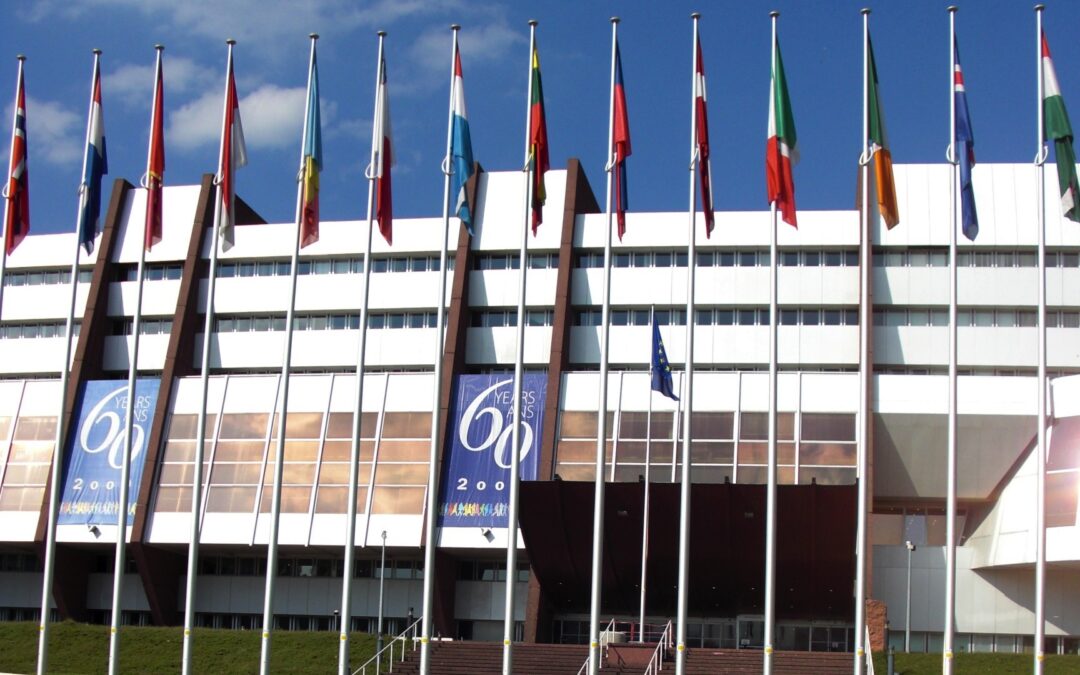
Oct 31, 2017
The ICJ presented a submission on the systems of extradition, expulsion and abductions of the Russian Federation to the Committee of Ministers of the Council of Europe.
The submission was presented for the consideration by the Committee of Ministers of the Council of Europe on the implementation by the Russian Federation of a series of judgments of the European Court of Human Rights in the group of cases Garabayev v. Russia and others.
In particular, the ICJ presented its recent findings in the report Transnational Injustices – National Security Transfers and International Law that provides the most recent assessment of the systems of extradition, expulsion and abduction/rendition of the Russian Federation and States in Central Asia compared with the laws and practices in this field of EU Member States and the US rendition system.
The ICJ submission refers to the lack of compliance by the Russian Federation with the judgments of the European Court of Human Rights with regard to the respect of the principle of non-refoulement (articles 3 ECHR), the lack of effective remedy against violations of this principle (article 3 and 13 ECHR), as well as the lack of compliance with the Court’s interim measures (article 34 ECHR).
Russian Federation-Garabaev-Transfer-Shortcomings-Advocacy-Legal submissions-2017-ENG (Download the submission)









